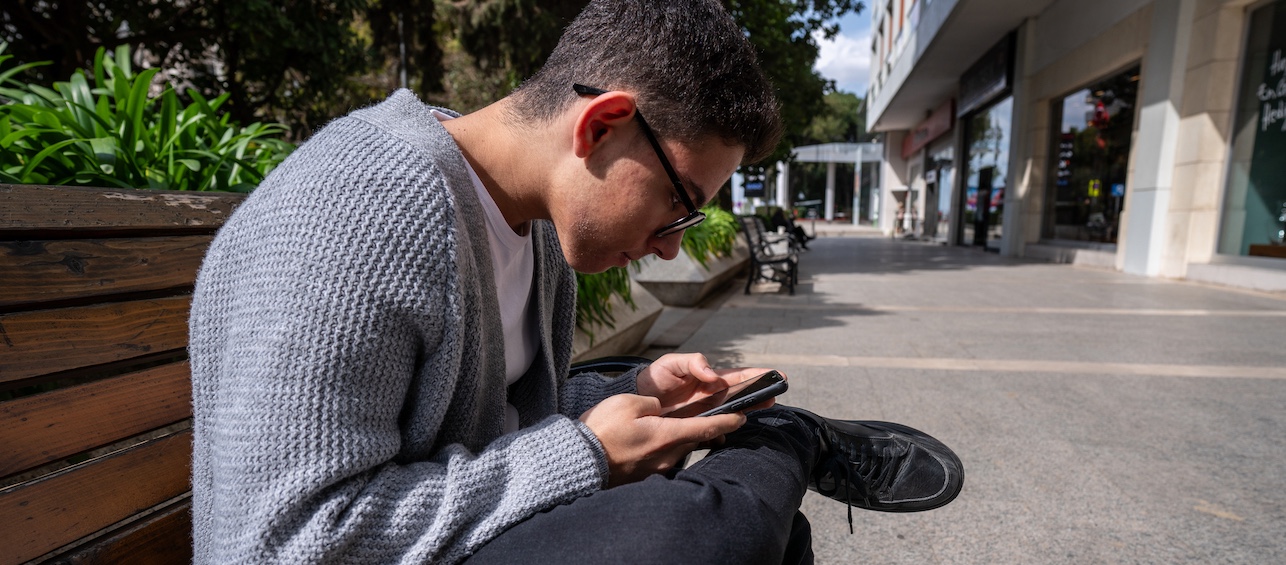All over the world and especially in the United States, we are seeing puberty start at an earlier age. It’s important for you to talk with your daughter about the changes she may see in her body BEFORE they start happening.
While the average age for a girl’s period to start is 12, puberty begins before that, in general around age 9 or 10.
WHY START THE CONVERSATION EARLY?
- From your child’s perspective, sharing information about changes that are unexpected can be scary and overwhelming.
- Preparing yourself in advance means your child will be less likely to catch you off guard with an unexpected question.
- Parents are the best source of reliable information, versus getting information from the internet or friends.
When to Start Talking?
Many schools have a curriculum that includes discussing pubertal and reproductive education in the fifth grade. Groups such as Girls on the Run and Girl Scouts also have programs that discuss body awareness for girls this age. Course content ranges, but may include female anatomy, as well as covering how intimate relationships can develop.
I suggest talking with your child before she attends one of these classes. That will allow you to address matters about the subject that are important to you and offer your daughter the opportunity to ask questions. (Also, it will help her avoid being totally shocked during class.)
Keep the Conversation Going
Just as important as starting this conversation is to make it an ongoing one. The more you talk about these topics with your children, the more comfortable they will be coming to you with questions.
Look for resources with less graphic drawings and diagrams that address how babies are made in an age-appropriate way. If you start bringing the subject up when your children are young, it sends the message to them that you are a reliable source of information. It also makes it easier to talk about the next time around if you have have discussed it before.
Conversation Starters
Take advantage of opportunities to start talking about the changes that go on during puberty. I like the ones that happen naturally, with your child’s own bodily changes.
For most girls, the typical course of development will follow a path like this:
- Begins with breast development
- Then a growth in height
- Followed by the appearance of underarm and pubic hair
That order may vary in some girls.
Take note of these changes and use them to spark conversations.
| When this happens: | Use it as an opportunity to discuss these topics: |
| Your daughter needs to start using deodorant or antiperspirant. | Body odor, personal hygiene. This can be a gentle opener that both girls and boys go through physical changes and she will be seeing other changes in her body down the road. |
| Breast development begins. | Use of bras, clothing choices, the body’s way of preparing for breastfeeding, overall discussion about puberty and body changes. The first period generally comes about 1-1/2 to 3 years after breast development. |
| She has a growth spurt. | Girls typically experience an increase in height in the year before their first period. It’s time to start talking about periods and feminine hygiene products if you haven’t already. |
| She starts to grow body hair. | Why people have body hair, shaving. |
| An older sibling is going through puberty. | This is a stage in life that everyone experiences, all kids develop at their own pace, changes that boys go through. |
| Your daughter is moody—crabby, talking back, stubborn, grumpy. | Hormones, physical and emotional changes. Moodiness is part of growing; it’s normal to have up days and down days. |
| She begins to get acne. | Personal hygiene, caring for her skin. |
| Your child’s vaccine schedule includes the recommendation for the HPV vaccine. | Intimate relationships, sexually transmitted disease, disease prevention. |
| She comes home with an outlandish story she heard on the playground. “So-and-so said you get pregnant by taking a pill.” | Seize this moment! Straighten out fact from fiction so she gets the right information. |
Talking Tips
- Be honest, open and reassuring. Puberty can be an awkward time. Help your child understand that they’re not alone in this.
- Gauge your discussions on your child’s level of maturity. If you don’t think they’re ready for the whole sex ed talk, save it for later.
- Sometimes kids only want an answer to one question. Give them little bits and let them digest that. You don’t have to cover everything in one conversation.
- Look for age-appropriate books and read them with your child. Ask your pediatrician or trusted friends for recommendations.
- Leave a human development book in an easily accessible place in your home. Tell your children if they’re too embarrassed to ask you a question, they can get the right answer in the book (rather than a wrong answer from a friend).
- Talk about where to find trustworthy sources online. Your child is likely to do online research. Make sure they know how to find websites and/or social channels with accurate information.
- Don’t worry about saying things perfectly. Take a deep breath and dive in. It’s OK if it’s not perfect. The important thing is that it’s coming from you.
- When you’re asked a question, follow up with a question: Was someone else talking about that? Do you want to know more? Did your friend have a question?
- Points to emphasize: This is nothing to be embarrassed about. Everyone goes through puberty. It’s a perfectly natural and healthy process. Your child can come to you with any questions.
I’m sure you remember from your own adolescence that puberty can be hard to go through. You can help make it easier on your child by empowering them with knowledge so they know why their bodies are going through these changes.
If you have questions, or would like to request an appointment, please contact our Pediatric and Adolescent Gynecology Department.






